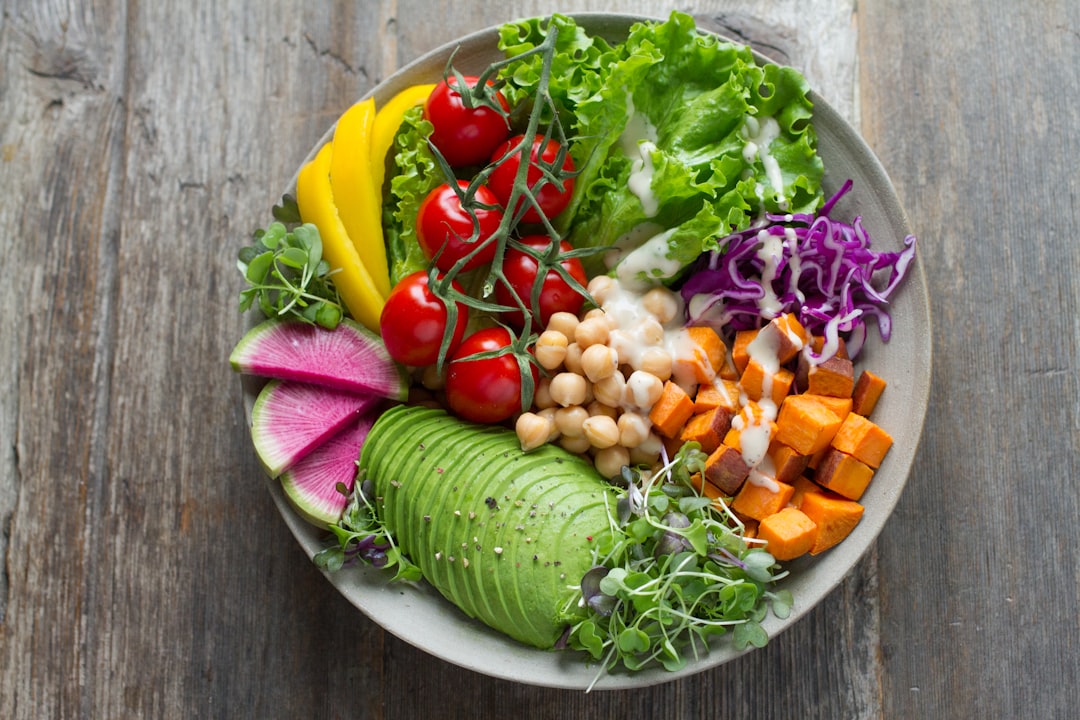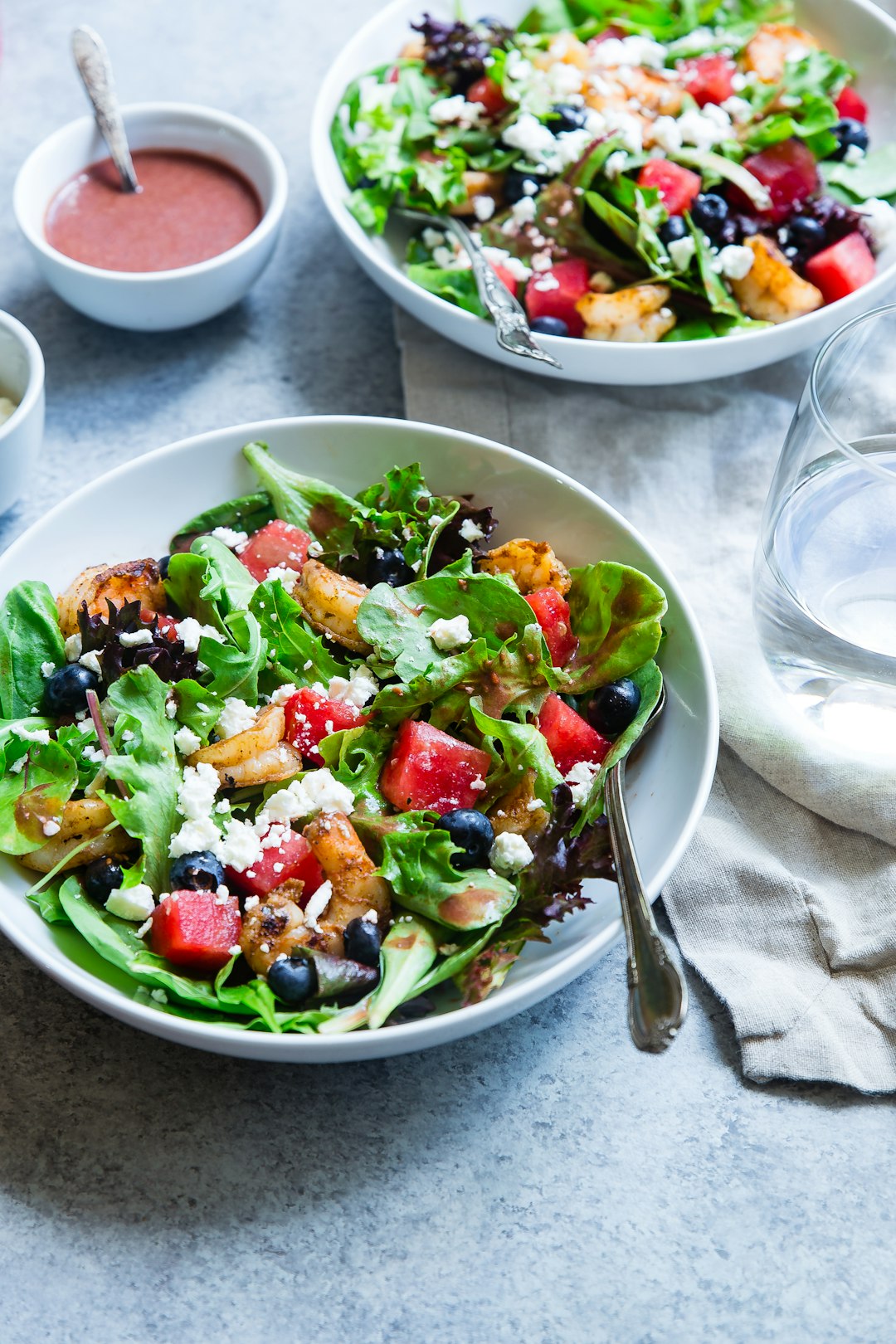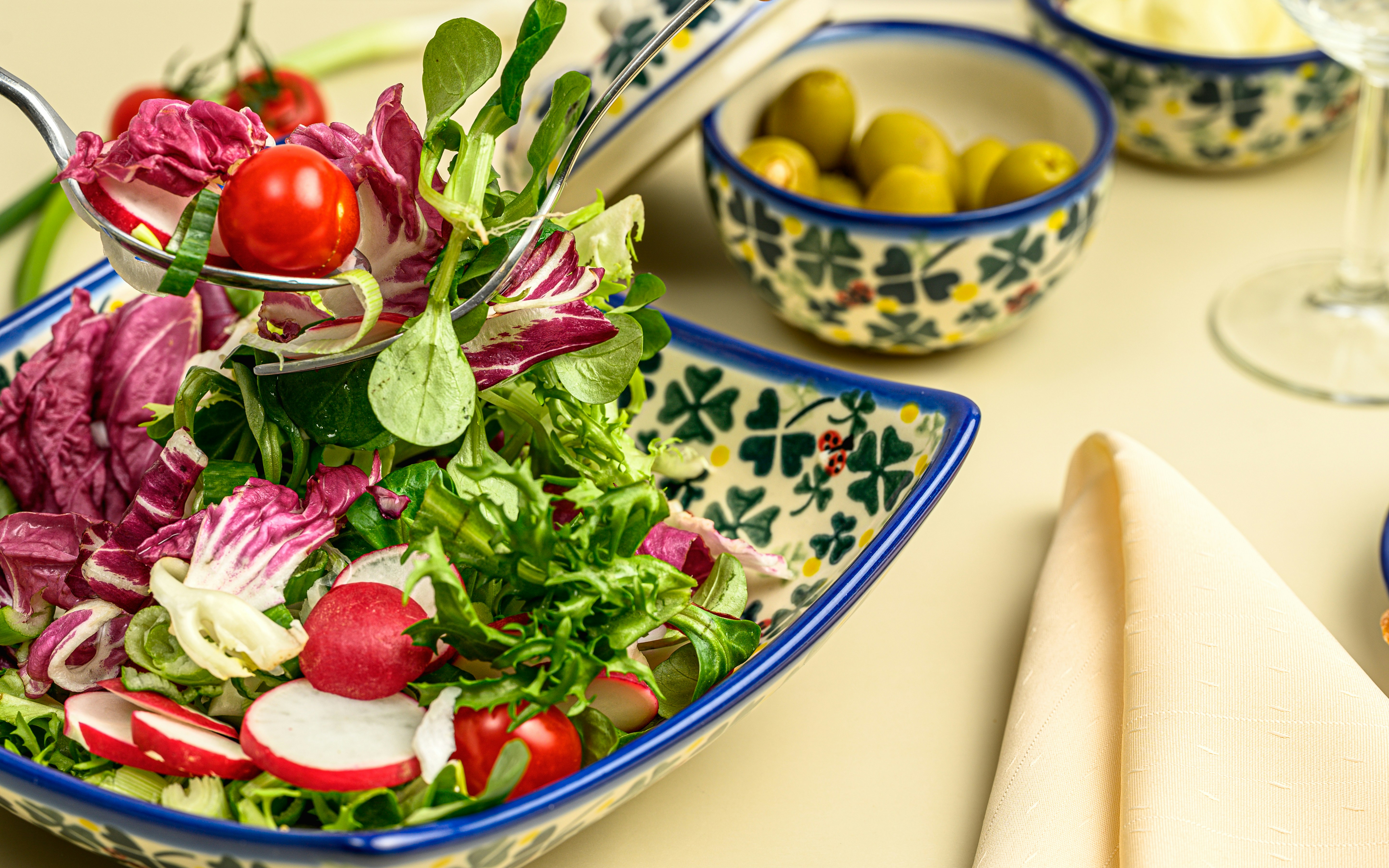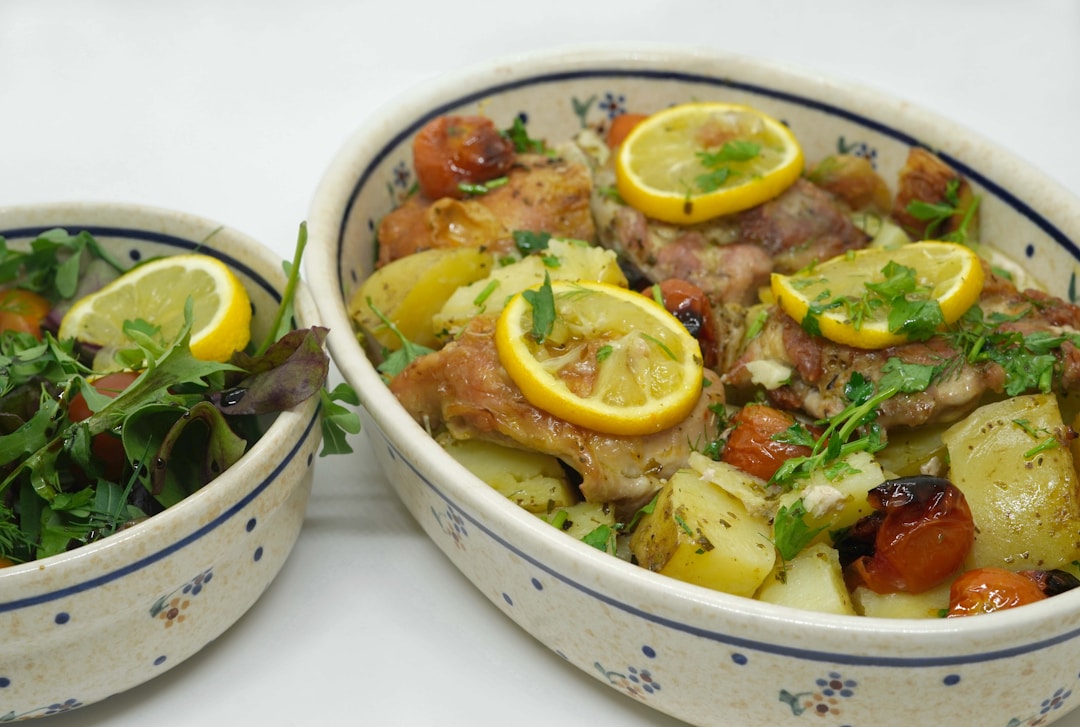The Mediterranean Diet Guide That Changed How I Think About Food

Growing up in an Italian-American household, I thought I knew Mediterranean food. Turns out, drowning everything in cheese wasn’t quite the authentic experience. After diving deep into the real Mediterranean diet—backed by the landmark PREDIMED trial and decades of research—I discovered an eating pattern that transformed not just my health, but my entire relationship with food.
What Is the Mediterranean Diet?
The Mediterranean diet isn’t really a “diet” at all. It’s a time-tested eating pattern inspired by the traditional cuisines of Greece, Italy, Spain, and other countries bordering the Mediterranean Sea. What makes it special? It emphasizes whole foods, healthy fats, and—perhaps most importantly—the joy of eating.
According to Harvard’s nutrition experts, this eating pattern focuses on:
- Abundant plant foods: Fruits, vegetables, whole grains, legumes, nuts, and seeds
- Olive oil as the primary fat source: Extra virgin, preferably
- Fish and seafood: Especially fatty fish rich in omega-3s
- Moderate amounts: Poultry, eggs, cheese, and yogurt
- Limited red meat: Just a few times per month
- Optional red wine: In moderation, with meals
What Are the Benefits of the Mediterranean Diet?
The health benefits read like a wishlist for longevity. The American Heart Association recognizes it as one of the most heart-healthy eating patterns available.
Cardiovascular Health
The most studied benefit is heart health. The PREDIMED study showed a 30% reduction in cardiovascular events among high-risk individuals following the Mediterranean diet supplemented with extra virgin olive oil or nuts.
Brain Health and Cognitive Function
Research published in the Journal of Internal Medicine suggests the diet may reduce the risk of cognitive decline and Alzheimer’s disease.
Weight Management
Unlike restrictive diets, the Mediterranean approach supports sustainable weight loss without counting calories. The focus on whole foods naturally promotes satiety, and our collection of weight loss-friendly Mediterranean recipes makes it easy to stay on track.
Anti-Inflammatory Effects
The diet’s emphasis on omega-3 fatty acids, antioxidants, and phytonutrients helps reduce chronic inflammation—a root cause of many diseases.
Longevity
The long-term Nurses’ Health Study found that Mediterranean diet adherence was associated with longer telomeres, a biomarker of aging.
Mediterranean Diet Food List
For a complete guide to Mediterranean-approved foods, check our detailed Mediterranean diet food list and printable shopping list. If you’re just beginning your Mediterranean journey, these are the foods to focus on:
Foods to Eat Often (Daily)
Vegetables
- Tomatoes, broccoli, kale, spinach, onions, cauliflower, carrots, Brussels sprouts
- Aim for: 4-5 servings daily
Fruits
- Apples, bananas, oranges, pears, strawberries, grapes, dates, figs, melons
- Aim for: 2-3 servings daily
Whole Grains
- Whole wheat, oats, brown rice, rye, barley, corn, buckwheat, farro, bulgur
- Aim for: 3-4 servings daily
Healthy Fats
- Extra virgin olive oil (4-5 tablespoons daily)
- Nuts and seeds (1 handful daily)
- Avocados
Legumes
- Beans, peas, lentils, chickpeas
- Aim for: 3+ servings weekly
Foods to Eat Moderately (Weekly)
Fish and Seafood
- Salmon, sardines, trout, tuna, mackerel, shrimp, oysters, clams
- Aim for: 2-3 servings weekly
- Follow FDA fish consumption guidelines for mercury safety
Poultry
- Chicken, duck, turkey
- Aim for: 2-3 servings weekly
Eggs
- 2-4 per week
Dairy
- Greek yogurt, cheese (particularly feta and parmesan)
- Small portions daily
Foods to Limit (Monthly or Less)
Red Meat
- Beef, pork, lamb
- Limit to: 1-2 times monthly
Processed Foods
- Processed meats, refined grains, trans fats
- Minimize as much as possible
Added Sugars
- Sweets, sugary beverages
- Save for special occasions
How Do I Create a Mediterranean Diet Meal Plan?
The beauty of this eating pattern is its flexibility. You can follow our complete 7-day Mediterranean meal plan for a structured approach, or use our weekly meal planning guide to create your own. Here’s a sample day featuring some of our favorite Mediterranean breakfast ideas, lunch recipes, and dinner options:
Breakfast
Greek Yogurt Bowl
- 1 cup plain Greek yogurt
- Handful of walnuts
- Fresh berries
- Drizzle of honey
- Sprinkle of cinnamon
Lunch
Mediterranean Chickpea Salad
- Mixed greens
- Chickpeas
- Cucumber, tomatoes, red onion
- Feta cheese
- Olive oil and lemon dressing
- Whole grain pita
Snack
- Hummus with vegetable sticks
- Small handful of almonds
Dinner
Grilled Salmon with Roasted Vegetables
- Wild-caught salmon
- Roasted zucchini, bell peppers, and eggplant
- Quinoa or farro
- Drizzled with olive oil and herbs
Dessert (Occasional)
- Fresh fruit
- Small piece of dark chocolate
Getting Started: Your Mediterranean Diet Action Plan
As recommended by Mayo Clinic’s Mediterranean diet guide, start with these simple swaps:
- Replace butter with olive oil in cooking and baking
- Choose whole grains over refined ones
- Snack on nuts instead of processed snacks
- Eat fish twice a week (start with salmon if you’re new to seafood)
- Fill half your plate with vegetables at every meal
- Enjoy fruit for dessert instead of sweets
Your Mediterranean Diet Journey Starts Here
The Mediterranean diet isn’t about perfection—it’s about progress. Whether you’re looking to improve heart health, manage weight, or simply eat more deliciously, this time-tested approach offers a sustainable path forward.
If you’re new to this way of eating, our Mediterranean diet for beginners guide walks you through everything step-by-step, while our comprehensive benefits guide explains the science behind why this eating pattern works so well. To make your transition easier, we’ve created a detailed Mediterranean diet food list that takes the guesswork out of shopping, along with a practical shopping list you can take straight to the store.
Planning your meals doesn’t have to be complicated. Start with our structured weekly meal plan or dive right into our popular 7-day Mediterranean diet plan that includes every meal and snack for your first week. Looking for recipe inspiration? Our collection of Mediterranean diet recipes features everything from quick breakfast ideas to satisfying lunch recipes and impressive dinner options. For our UK readers, we’ve even adapted classic Mediterranean recipes with British ingredients.
Many people discover the Mediterranean diet while searching for sustainable weight loss solutions. If that’s your goal, our Mediterranean diet for weight loss guide shows you how to shed pounds without counting calories, and our specially curated weight loss recipes make the journey delicious. Need motivation? Read inspiring before and after success stories from people who’ve transformed their health through this lifestyle.
Frequently Asked Questions
Can you eat pasta on the Mediterranean diet?
Yes! Pasta is enjoyed throughout the Mediterranean, typically in moderate portions with vegetables, olive oil, and herbs rather than heavy cream sauces.
Is the Mediterranean diet good for weight loss?
Absolutely. While not designed specifically for weight loss, the emphasis on whole foods and healthy fats naturally supports weight management. A comprehensive cardiovascular review in Circulation found it effective for sustainable weight loss.
Can I follow the Mediterranean diet if I’m vegetarian?
Yes! The diet is naturally plant-forward. Simply emphasize legumes, nuts, and eggs for protein instead of fish and poultry.
How much does the Mediterranean diet cost?
While some ingredients like olive oil and nuts can be pricey, the diet’s emphasis on seasonal produce, grains, and legumes can actually be quite budget-friendly. Our shopping list guide includes money-saving tips, and many of our Mediterranean recipes use affordable ingredients.
What about wine?
Red wine in moderation (1 glass for women, 1-2 for men, with meals) is optional. If you don’t drink, there’s no need to start.
The World Health Organization endorsement of the Mediterranean diet as a sustainable healthy eating pattern speaks to its global recognition. Ready to transform your health one delicious meal at a time?

About Giovanni D'Angelo
Born in a small coastal village near Naples, Giovanni brings authentic Italian passion for la dolce vita. A certified sommelier and culinary enthusiast, he shares the secrets of Mediterranean cuisine and the Italian art of savoring life's moments.
Related Posts

7 Mediterranean Diet Benefits Backed by Science
Discover the science-backed benefits of the Mediterranean diet. From heart health to brain functi...

How the Mediterranean Diet for Weight Loss Actually Works
Learn how the Mediterranean diet promotes sustainable weight loss. Evidence-based tips, meal plan...

The Essential Mediterranean Diet Food List You Need
Complete Mediterranean diet food list with foods to enjoy daily, weekly, and occasionally. Plus w...

Quick Mediterranean Diet Lunch Ideas for Busy Weekdays
Find inspiring Mediterranean diet lunch ideas perfect for work or home. From fresh salads to hear...

Mediterranean Diet Recipes UK Shoppers Can Actually Make
Mediterranean diet recipes adapted for UK kitchens. Using locally available ingredients, enjoy he...

A Simple Mediterranean Diet Meal Plan That Works
Get your complete Mediterranean diet meal plan with shopping lists and prep tips. Make healthy ea...

Try This 7-Day Mediterranean Diet Plan
Follow our detailed 7-day Mediterranean diet plan with breakfast, lunch, dinner, and snacks. Incl...

30 Mediterranean Diet Recipes That Actually Taste Amazing
Explore our collection of authentic Mediterranean diet recipes. From Greek salads to Spanish pael...

Real Mediterranean Diet Before and After Stories
Inspiring Mediterranean diet before and after stories from real people. See the amazing transform...

15 Mediterranean Diet Breakfast Ideas You'll Want Every Morning
Discover delicious Mediterranean diet breakfast ideas. From Greek yogurt parfaits to shakshuka, s...